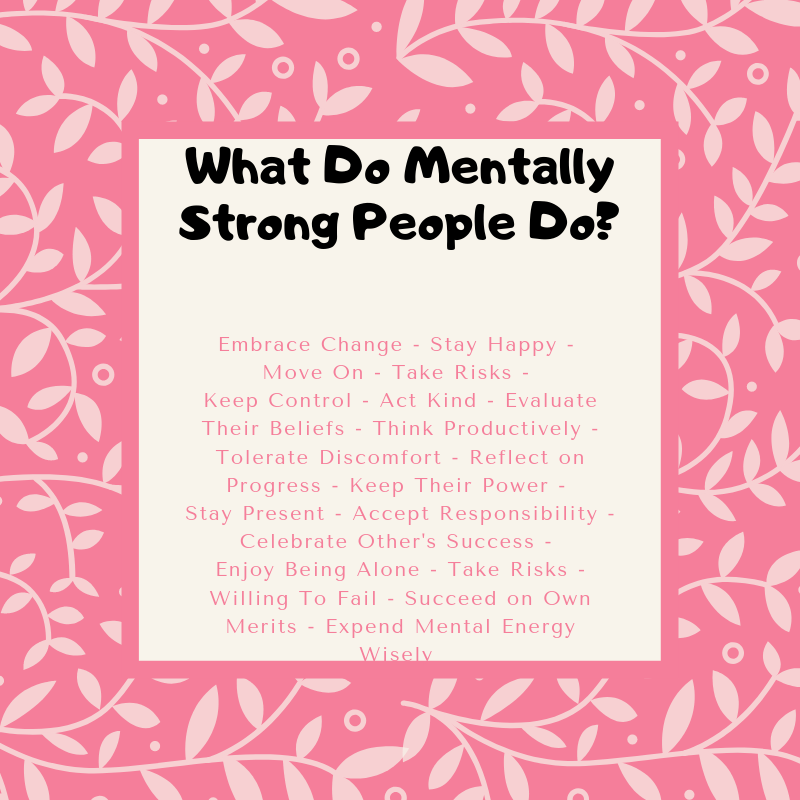This year has been hard, and I’m end-of-the-year-teacher-tired. I’m absolutely on my last nerve – not with my students, though. Actually, they’re the brightest part of my day. I soak in their smiles, their hugs, their laughter and desire to please. It’s about teaching teens about mental health.
I teach middle school. 7th – 8th – 9th grade. And they’re struggling.
Now, they’re not without their moments – especially the 8th graders. They’re the big questioners, the ones who wonder ‘why’ and ‘how come we have to do this’ and ‘ does this really matter’.
My 9th graders are just ready to move on. The run in the classroom completely oblivious to much besides themselves, their friends, and the latest ‘T”.
But my 7th graders….aah, they’re just special. This is my first year back in 7th grade since 2001, and I’m loving it. Every moment they try something new, agree to take a risk, jump into a discussion about a book or a topic or debate about global warming or plastics in the ocean or gun control or why animals should be rescued just makes me smile.
But they’re a whole lot of energy. Like herding puppies, in a way.
The hard parts of teaching mental health
This year there have been too many ‘not-so-happy’ times, too. I’ve seen more kids breaking down over struggles – not just with academics, but with relationships. Parents. Expectations. Friends.
My AVID 9 students learned about Mental Health issues and how to overcome the stigma associated with asking for support with this Mental Health hyperdoc lesson. I wish I knew the original creator, so I could thank them for helping me help kids with mental health. Please make a copy and use it in your classroom, or with your own kids at home. It’s powerful.
I’ve had too many 12, 13, and 14 year-olds run through my door in tears about what happens ‘outside’. I’m finding myself giving lots of hugs, wiping gallons of tears and going through bottles of lavender oil (it reduces stress, you know!). Mostly, I’ve been reminding them that despite what’s happening, they are strong. Stronger than they know…stronger than whatever force is trying to tell them that they’re not.
It’s hard for kids to trust in that, you know? The world seems like a pretty frightening place right now. I’ve got kids who are worried about deportation. Divorce. Sex. Gender confusion. Homosexuality. Learning Disorders. Substance Abuse.
Oh yeah – and remember, they are 12-14 years old. And we have 1.5 counselors on our campus. And I’m tired. And I’m searching for messages to give them that will mean something, especially over the summer when they don’t have the stability of a safe place at school.
I found this.
Have you seen Amy Morin’s TEDx Talk?
18 THINGS MENTALLY STRONG PEOPLE DO
So what’s next?
“Mental strength is a lot like physical strength. If you wanted to be physically strong, you’d need to go to the gym and lift weights. But if you really wanted to see results, you’d also have to give up eating junk food. Mental strength is the same. If you want to be mentally strong, you need good habits like practicing gratitude. But you also have to give up bad habits, like resenting somebody else’s success.No matter how often that happens, it will hold you back.” – AmyMorinLCSW.com
And I’m going to add her book 13 Things Mentally Strong People Don’t Do, to my classroom bookshelf.

Comments: 10
The COVID Chasm: Educators Stuck In The Pandemic Divide - mamawolfe
July 16, 2020[…] people who want to listen and hear what they’re saying, by people who understand that the trauma of being put into unsafe school situations is greater than the trauma of missing one fall or one year of face to face […]
Nursing Home Care
January 19, 2020this is great! Thank you so much!
Three Calming Scenes To Evoke Relaxation - mamawolfe
August 5, 2019[…] that we humans have been driven to conquer and they have earned their place as a symbol of strength. The way their peaks rise and fall reminds us of a higher power and evokes feelings of achievement […]
Dr. Dawn
July 1, 2019How do I know if my teenager is mentally ill?
Matthew Smith
June 28, 2019Teenage is the boundary to get victimized with stress.All teens and adults should take best benefit from therapy.Life is difficult for us but let’s make it simpler with a better therapy and get rid of stress.
This article has actually hit the right track on teens and that is what I loved about it.
Matthew Smith recently posted…5 Best Miter Saw Blades | That Cuts Above the Rest
Mamon
June 25, 2019Teens are the next era of leaders for our society. It’s important to keep that massive angle in thoughts due to the fact we, adults, are generally so engrossed in our very own commitments that we have a tendency to simply give knee-jerk reactions to some thing young people supply that day.
Laili McGrew
May 27, 2019You are in the trenches for sure!! You can also normalize the idea of therapy! I think all teens and young adults can benefit from individual or group therapy as a safe place to be vulnerable with their worries, goals, failures and successes! Life is hard for all of us, but especially for adolescents because their normal developmental stage is to be separating from their families and developing their own identity which is so hard to do in a world that feels scary!! Thanks for al the work you do Day to day!!
Jennifer Wolfe
June 6, 2019Thanks, Laili. I’m always thinking about how to support my students – and it seems as if mental health issues are taking center stage in the last few years.
Tara Brown
May 27, 2019Outstanding! Thank you! 🙂
Jennifer Wolfe
June 6, 2019Thanks, Tara. I hope it is useful to you in the work you do! xoxo